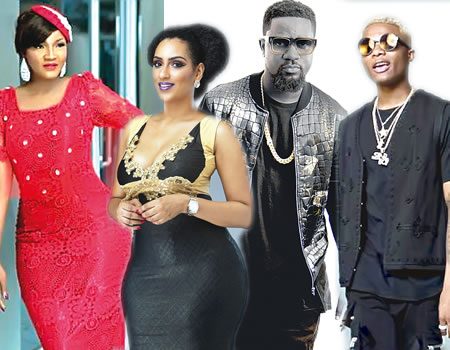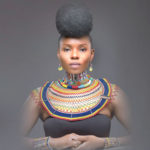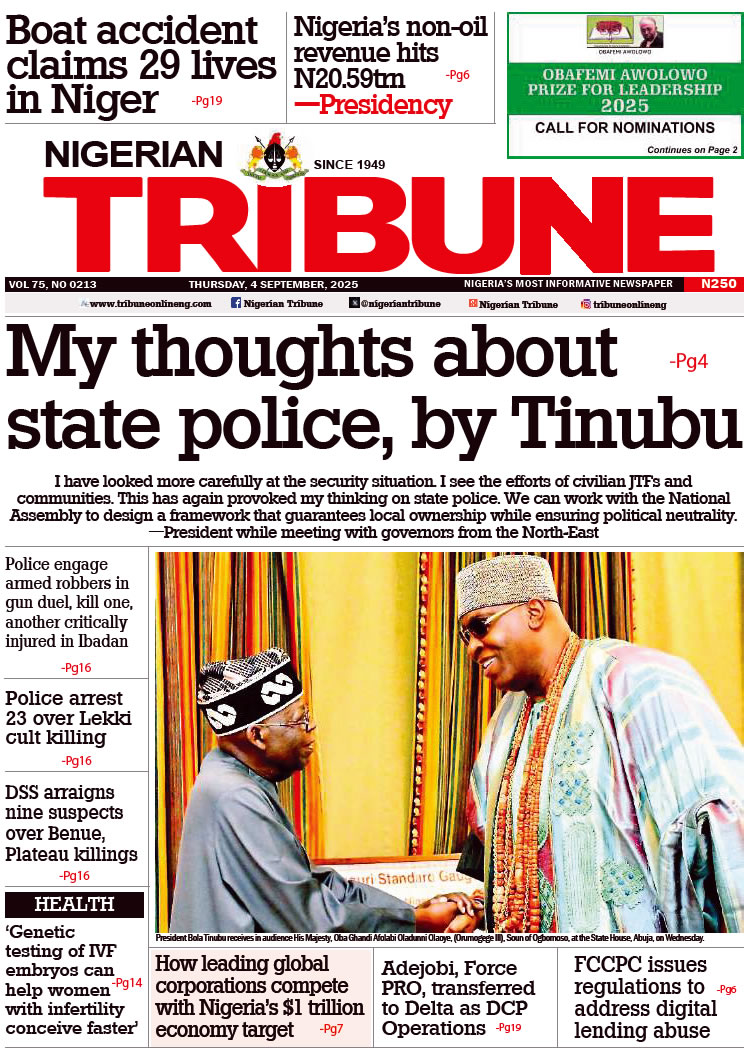Ghana and Nigeria actually have a lot of history together. Ghana gained independence from British colonial masters in 1958, arguably the first African nation to actually gain independence while Nigeria gained hers in 1960. Ghana has a relatively lower population of about 25 million people as compared to Nigeria which boasts of a population nearing about 200 million people. One may say it is all about the quality and not the quantity. Before the plague of recession started, Nigeria would brag about having a larger economy than Ghana but the former’s bragging rights, according to economic critics are quite questionable now. “Ghana may not be so buoyant a country but at least, they have a relatively stable economy”, Kayode Olumide, a broker, argued.
While many issues may arise as arguments between both countries, when it comes to entertainment, a whole new ball game arises as each country, has, in its unique way, developed their own tastes, culture of movies/music and means of entertaining themselves. When it comes to movies, the synergy between the quality of modern Ghanaian drama and the popularity of Nollywood actors, gave rise to a collaboration that earned and raised its movie industries to enviable heights.
As regards the entertainment industry, it cannot be overemphasised that the Nigerian music industry has been extremely successful in penetrating the international music scene and gaining global recognition. From the streets of Lagos to high-end clubs in Atlanta, one would agree that, truly, Nigeria stands tall! In Ghana alone, the amount of times Nigerian music is played at parties, beaches, university hostels and clubs would surprise anyone. According to Daniel Danso, a Ghanaian undergraduate, “What’s a Ghanaian party without some jams from Davido or Tekno? Nigerian music is characterised by very danceable beats with an African twist.
However, according to Ghanaian musicologists, this type of music actually, as a matter of fact, originates from Ghana. This assertion caused uproar, earlier this year, when Ghanaian-Nigerian music artiste, Tosin Ajiboye, better known as Mr. Eazi stated emphatically that it was no news that Ghana has immense influence on the Nigerian sound. He, however, acknowledged that Nigerian artistes have done exceedingly well in entertaining their Ghanaian prospects. Ghanaians also feel that Nigerian music videos are also very vibrant and visually stimulating and exciting.
In the case of Ghana, the support Ghanaian music gets from Ghanaians is very admirable. As much as they love Nigerian music, they hold their own music closely to their hearts. When new songs are released, they spread like wildfire and are played everywhere while getting massive airplay support on local radio and TV stations. To get the latest tracks, all one needs to do is just walk through the streets as the music is blasted through speakers everywhere. The close knitted relationship which exists among Ghanaians shows through their music. Ghanaians love their music because of how raw and unrefined it is. The music is usually sung in their local languages among which are Asante Twi, Ga and Fante and are characterised by the sounds of their traditional instruments and tunes to give it the African flavour they really enjoy. Such music gives them the chance to express how good their dance steps are.
“Although many Nigerian artistes sing in their local languages, majority of Nigerian music is in English or Pidgin English. Ghanaian artistes have become very innovative and creative with their music and style of delivery, which keeps their audience interested”, said Deborah Emeka, an advertising executive.
Also, the Nigerian idea of having fun is very different from that of the average Ghanaian. Nigerians love to ‘flex’ or show the good life, whether it is for the ‘gram’ or in real life.
“We love to have a good time, no lies. There are so many activities to participate in on any day of the week. With so many deluxe shopping malls and cinemas, there is something for everyone. Nigerians are very social people who enjoy being the life of the party. For those in mega cities like Lagos, clubs are a very much preferred destination to just unwind and have fun”, said Tomisin Adegboye, a banker.
In contrast, Ghanaians seem to be a bit different. Ghanaians are more laidback compared to Nigerians, according to Adetola Wahab, a Communication Studies student of the University of Cape Coast, Ghana. “They enjoy going to the beach to enjoy the ocean view while sipping on coconut water straight from the coconut itself, as there are numerous coastal cities in Ghana. One thing I love about my university in Cape Coast is that it is opposite the Atlantic Ocean. Although Ghanaians enjoy going to parties, as well to groove and get down, Nigerians are believed to do this at a higher level.
On the whole, although these countries may bicker about which is the better country; it is merely just healthy competition. Both ways, these countries remain historically interwoven and each is shining in their own way, in the light of all these differences. They are the ‘ying’ to each other’s ‘yang’ and complement one another very well, as evidenced by the successful collaborations between musicians and movie practitioners.
WATCH TOP VIDEOS FROM NIGERIAN TRIBUNE TV
- Let’s Talk About SELF-AWARENESS
- Is Your Confidence Mistaken for Pride? Let’s talk about it
- Is Etiquette About Perfection…Or Just Not Being Rude?
- Top Psychologist Reveal 3 Signs You’re Struggling With Imposter Syndrome
- Do You Pick Up Work-Related Calls at Midnight or Never? Let’s Talk About Boundaries







